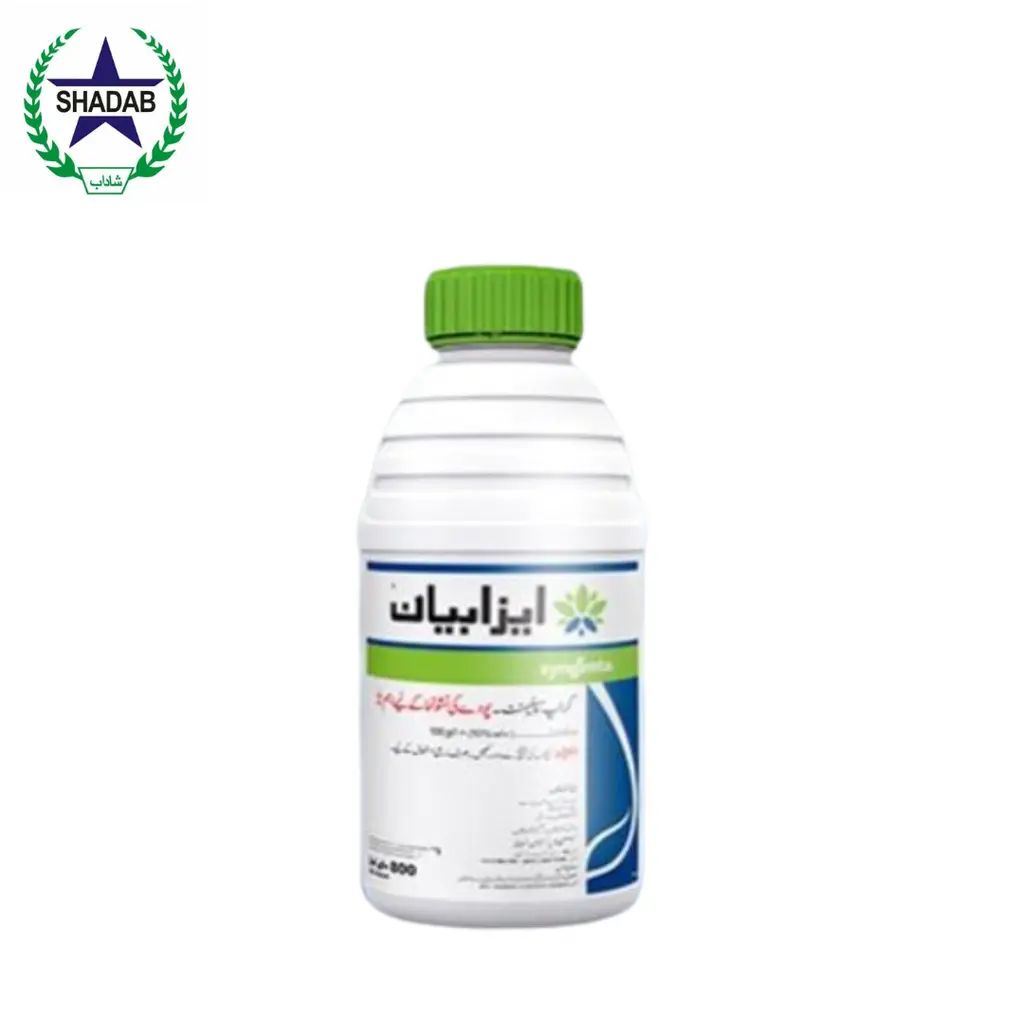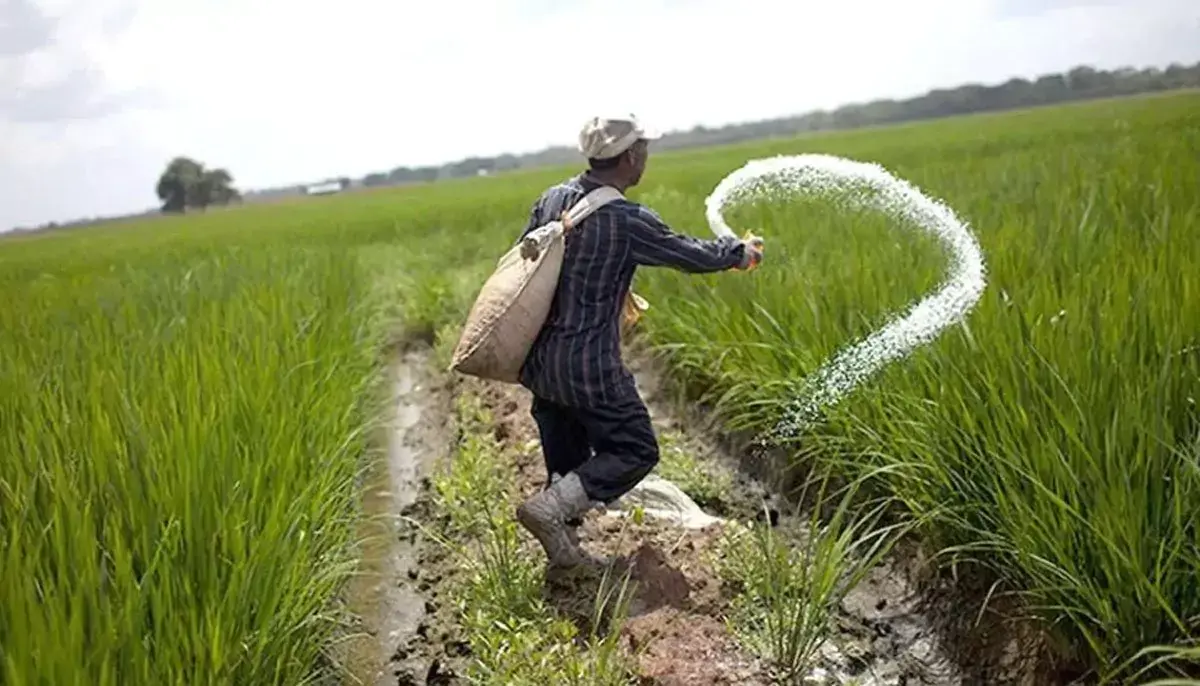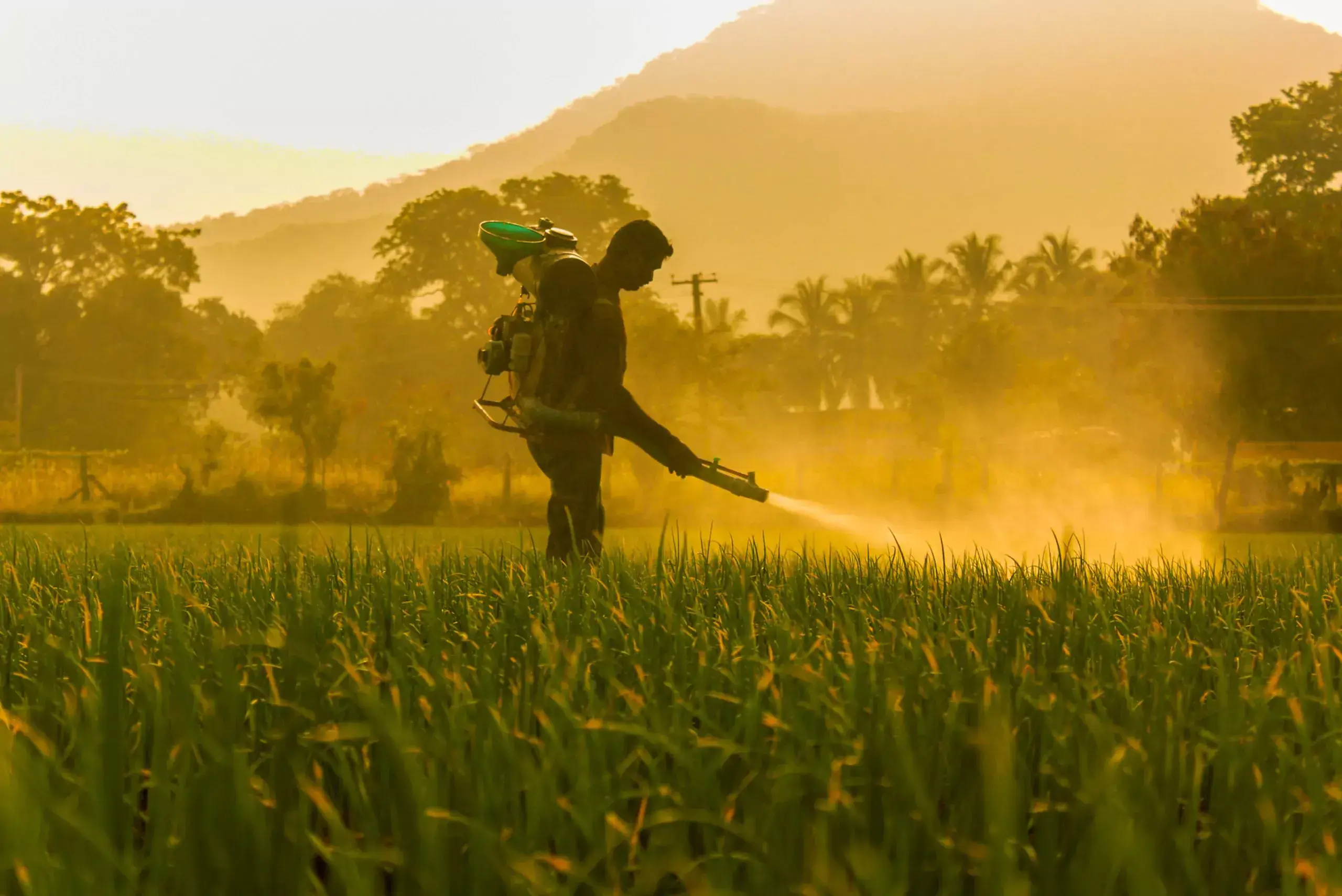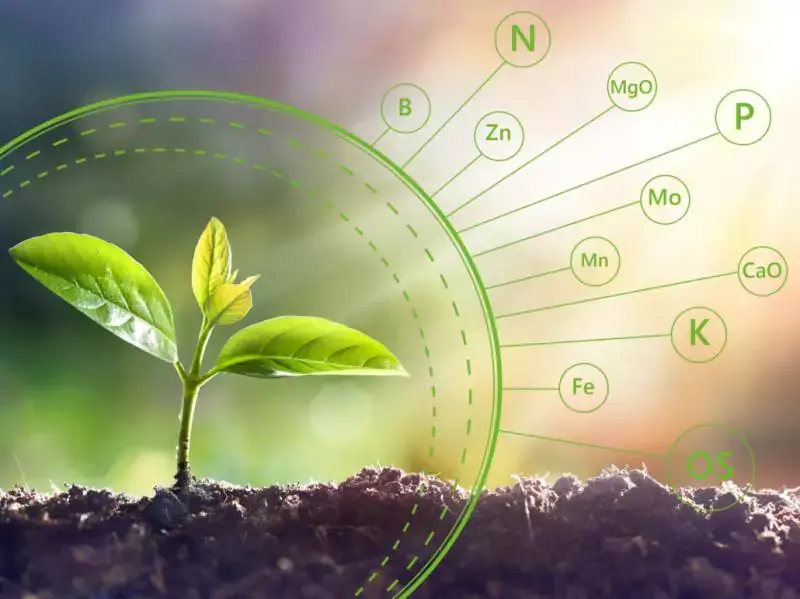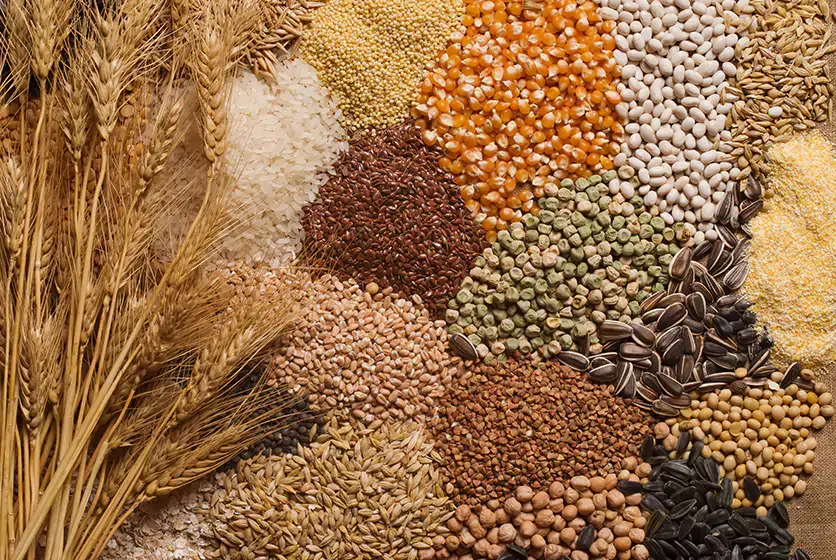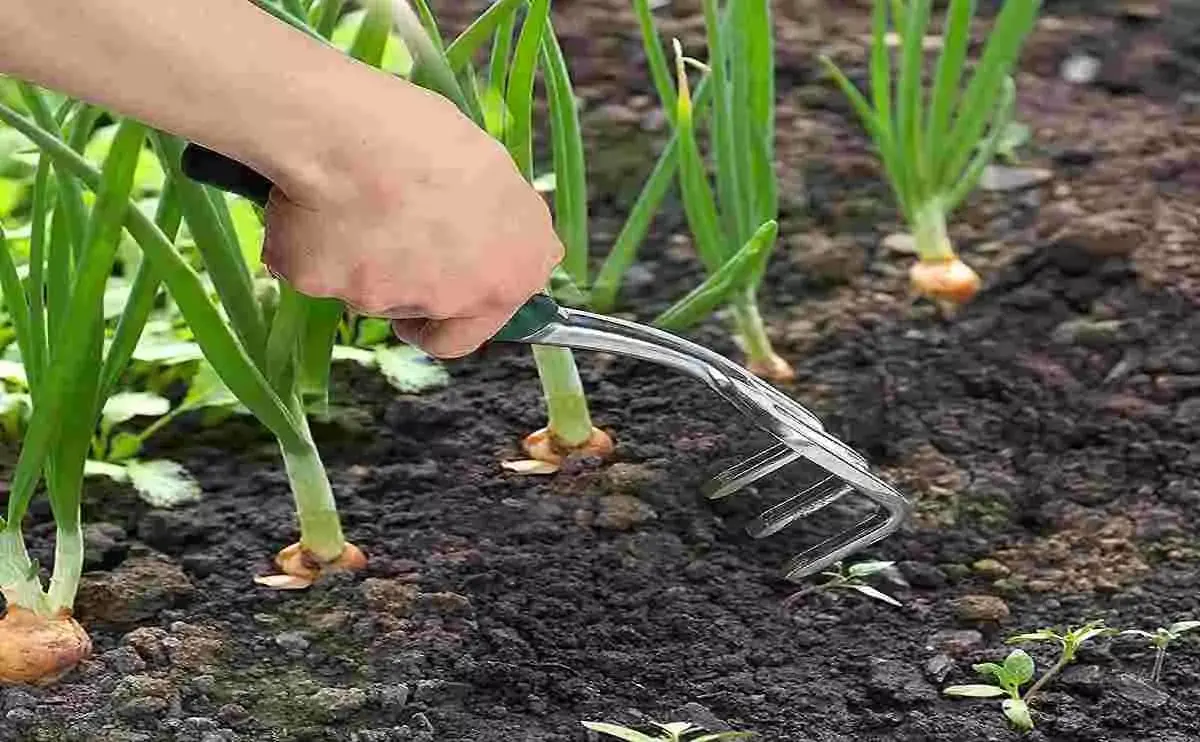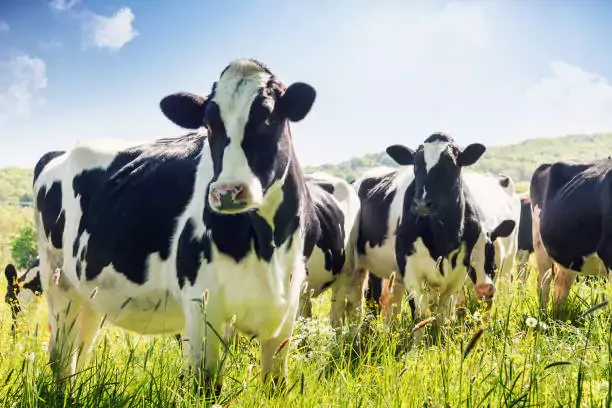کسانوں کے لیے، nایزابیان کے فوائد بہتر پیداوار کے معیار اور مقدار کی وجہ سے زیادہ منافع میں تبدیل ہوتے ہیں، جس سے مارکیٹ کی قیمت میں اضافہ ہوتا ہے۔ یہ پھولوں کے گرنے اور پھلوں کے اسقاط حمل سے وابستہ نقصانات کو بھی کم کرتا ہے، پودوں کی صلاحیت کو بہتر بنا کر پائیدار کاشتکاری کے طریقوں کو فروغ دیتا ہے، اور استرتا پیش کرتا ہے کیونکہ یہ پھلوں، سبزیوں اور گری دار میوے سمیت فصلوں کی وسیع رینج کے لیے موزوں ہے۔ مجموعی طور پر، ایزابیان کی منفرد تشکیل پودوں کے تولیدی عمل کو نمایاں طور پر بڑھاتی ہے، جس کی وجہ سے پیداوار کے معیار اور مقدار میں بہتری آتی ہے جبکہ کسانوں کی پیداواری صلاحیت اور منافع میں مدد ملتی ہے۔ فصل کی درخواستوں، حدود، اور حفاظتی اقدامات کی مستند گنتی کے لیے مصنوعات کے ایزابیان لیبل سے مشورہ کرنا ضروری ہے۔ پیداوار کے استعمال کے دوران پیداوار اور فوائد۔ لیموں، کھیرے، خربوزے، ٹماٹر، مرچوں اور آلو جیسی فصلوں کو فصل کی تکمیل کے لیے 400-500 ملی لیٹر فی 100 لیٹر پانی کی خوراک درکار ہوتی ہے۔ کپاس کے لیے تجویز کردہ خوراک 400 ملی لیٹر فی 100 لیٹر پانی ہے، جب کہ مکئی کو 5000 ملی لیٹر فی 100 لیٹر پانی کی خوراک کی ضرورت ہے۔
For
farmers, the benefits of Isabion translate into higher profits due to improved
yield quality and quantity, which enhance market value. It also reduces losses
associated with flower drop and fruit abortion, promotes sustainable farming
practices by optimizing plant potential, and offers versatility as it is
suitable for a wide range of crops, including fruits, vegetables, and nuts.
Overall, Isabion's unique formulation significantly enhances plant reproductive
processes, leading to improved yield quality and quantity while supporting
farmers' productivity and profitability.It is essential to consult the product
Isabion label for an authoritative enumeration of crop applications,
limitations, and safety measures to maximize yield and advantages while
utilizing the product.Crops such as citrus, cucumber, melon, tomato, chilies,
and potato require a dosage of 400-500 ml per 100 liters of water for crop
supplementation. For cotton, the recommended dosage is 400 ml per 100 liters of
water, while maize necessitates a dosage of 5000 ml per 100 liters of water.
